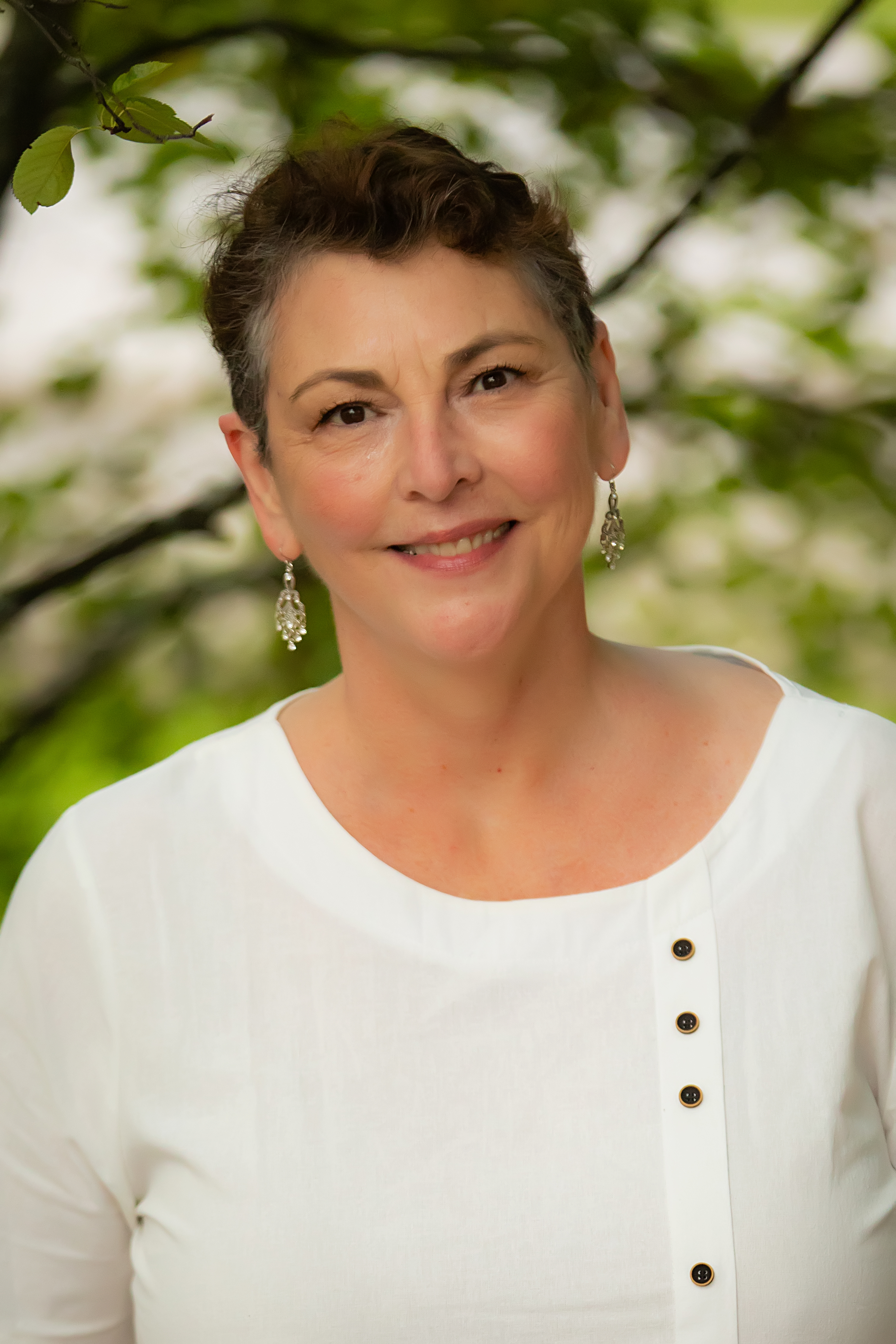Book documents collaborative community transformation work in Rochester

A new book in Routledge’s Expanding Literacies in Education Series tells the story of a unique collaboration with community members and university faculty and students, who came together to transform an urban corner store—the Freedom Market—into a cornerstone of the Rochester community.
Community Literacies as Shared Resources for Transformation was co-edited by Joanne Larson, Michael W. Scandling Professor of Education at the University of Rochester’s Warner School of Education, and George Moses, executive director of North East Area Development, Inc. (NEAD), and written in collaboration with Rochester community members. Their work demonstrates the feasibility of university faculty and students collaborating with community members to produce sustainable social, cultural, political, economic, and educational change.
Moses, who also serves as director of Rochester Freedom Schools, says the book “illustrates the critical role community members can play as co-researchers, co-implementers, and co-authors engaging in the transformation of their own communities.” The Warner School has a long history of partnering with NEAD and several community partners in the city’s northeast section on justice-driven research on community literacies in the Beechwood community. When NEAD purchased the Freedom Market on Webster Avenue more than six years ago, the Warner School’s commitment to and involvement with one of Rochester’s most impoverished communities continued to grow.
The Warner School has a long history of partnering with NEAD and several community partners in the city’s northeast section on justice-driven research on community literacies in the Beechwood community. When NEAD purchased the Freedom Market on Webster Avenue more than six years ago, the Warner School’s commitment to and involvement with one of Rochester’s most impoverished communities continued to grow. Warner School faculty, including Larson and assistant professor Joyce Duckles, and graduate students have been on the ground working to help transform and rebuild the storefront into a community hub. Throughout the book’s seven chapters, the team of community-university researchers illustrates the complexities with community urban transformation and its related issues through collaborative participatory action research in pursuit of social justice.
Warner School faculty, including Larson and assistant professor Joyce Duckles, and graduate students have been on the ground working to help transform and rebuild the storefront into a community hub. Throughout the book’s seven chapters, the team of community-university researchers illustrates the complexities with community urban transformation and its related issues through collaborative participatory action research in pursuit of social justice.
“The book vividly describes a collaborative process and significant outcomes it produced,” says Elenore Long, an associate professor at Arizona State University who reviewed the volume. “The level of detail and the complexity of the context make this project an essential resource for activists and citizen-scholars desiring to take up this work alongside others.”
The book has important implications for community-based organizations, university-based researchers and faculty, community members, educators, and policymakers. Their work builds upon and contributes to the growing field of community literacies, particularly through dialogic spaces supporting the community and change, as well as challenges the status quo by engaging in collaborative processes of dialogue and critical inquiry.
“Through this important collaborative activist groundwork and research, we hope to show how this unique community-university partnership in Rochester, N.Y. can be replicated more broadly,” explains Larson, “and demonstrate how this can play out in other cities.”
 Larson’s research draws on language and literacy practices that mediate social and power relations in literacy events in schools and communities. She was the principal investigator on a grant from the Greater Rochester Health Foundation to conduct ethnographic research on the Freedom Market Transformation Project. Currently, Larson serves as associate director of the Center for Urban Education Success and is on the leadership team of the University’s EPO partnership with East High School, which has become an important extension of this unique community-university partnership.
Larson’s research draws on language and literacy practices that mediate social and power relations in literacy events in schools and communities. She was the principal investigator on a grant from the Greater Rochester Health Foundation to conduct ethnographic research on the Freedom Market Transformation Project. Currently, Larson serves as associate director of the Center for Urban Education Success and is on the leadership team of the University’s EPO partnership with East High School, which has become an important extension of this unique community-university partnership.
The Expanding Literacies in Education Series features books that highlight the changing landscape and explore new directions and theoretical tools in literacy studies as it is transforming education—including material, embodied, affective, and global emphases; digital and virtual worlds; and transcultural and cosmopolitan spaces. These books engage researchers, graduate students, and teacher educators with new and emerging theoretical approaches to literacy practices in all of their complexities, challenges, and possibilities.